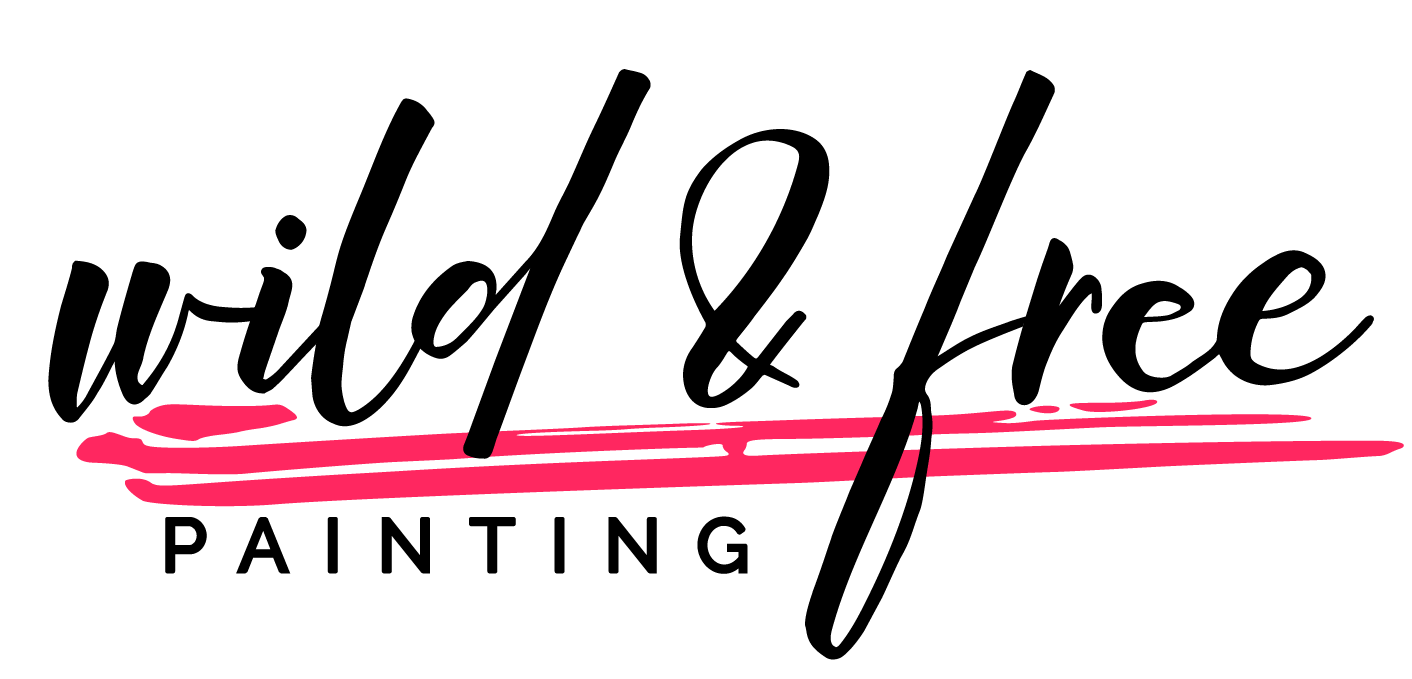Does Art Therapy Work For Anxiety
Art therapy involves the use of creative processes such as drawing, painting, or sculpting to express and explore emotions, thoughts, and experiences. By engaging in these activities, individuals may gain insights into their feelings and reduce anxiety and stress.
Art therapy can be particularly helpful for individuals who may find it difficult to express their feelings through verbal communication alone. It can provide a safe and non-judgmental space for individuals to explore their emotions and experiences, which can promote healing and personal growth.
Calms the nervous system
The process of creating is meditative, quiet, and calming, which helps soothe symptoms of stress, nervousness, and irritability. A calm mind is better able to process difficult emotions and experiences.
Encourages self-expression.
Many of us struggle with anxiety surrounding thoughts, feelings, or events that we cannot or don’t want to speak about. Through thoughtful exercises and with the guidance of a compassionate and experienced therapist, individuals with anxiety can learn how to express how they’re feeling in a creative manner. Creative self-expression helps each of us connect with experiences and emotions in a healthy, rewarding way.
Increases self-awareness.
When we engage in creative expression, we often discover new aspects of ourselves that we weren’t aware of before. This phenomenon is especially clear when experienced in the context of an art therapy session. Through meditative, expressive, and idiosyncratic exercises (such as drawing with the non-dominant hand), individuals gain an increased sense of self-awareness. It’s much easier to understand and identify with feelings and experiences that exist below the surface when we focus on a creative activity.
Art Therapy is often used in conjunction with other forms of therapy to provide a more comprehensive approach to treating anxiety. It is important to consult with a qualified mental health professional to determine the best treatment approach for your individual needs.
